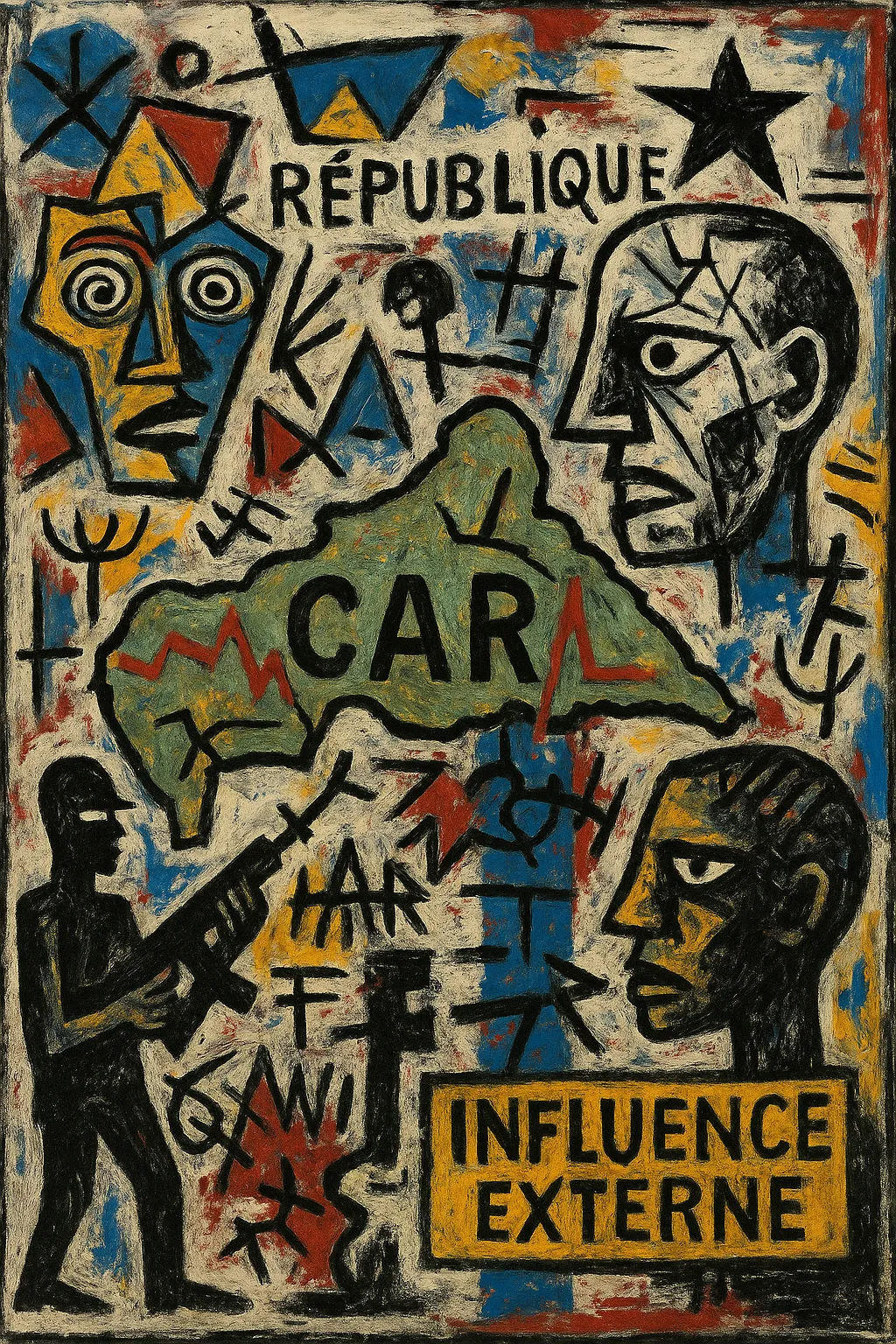
The Central African Republic (CAR) remains one of the world’s most fragile states; trapped in cycles of violence, external dependence, and humanitarian collapse.
Since independence in 1960, the country has endured repeated coups and civil wars, but the current conflict, ignited in 2013, has entrenched ethnic and religious divisions more deeply than ever. President Faustin-Archange Touadéra’s government, struggling to maintain control, now leans heavily on Russian private military contractors (formerly Wagner, now Africa Corps) and Rwandan troops. This alliance has restored some territorial control but at a steep cost: rising human rights abuses, shrinking democratic space, and the near-erasure of national sovereignty.
Russia’s involvement has redefined CAR’s geopolitics, displacing France’s historic dominance and securing Moscow’s access to lucrative gold and diamond concessions. Wagner-linked forces are accused of violence against civilians and illicit resource extraction, particularly around the opaque Ndassima gold mines. Rwanda, meanwhile, is expanding its influence through military training and economic projects, positioning itself as both ally and rival to Russia.
Domestically, President Touadéra has consolidated power, removing term limits through a controversial 2023 referendum and tightening control over the judiciary, media, and opposition. Civil liberties have eroded under a system sustained by foreign backing and disinformation campaigns.
Beyond politics, the humanitarian toll is staggering: over 1.1 million people displaced, 2.4 million in urgent need, and basic services like health and education nearly nonfunctional. Armed groups continue to control large parts of the countryside, taxing civilians and exploiting resources to fund their operations.
Despite limited security gains, the outlook is bleak. Russia’s deeper military and economic entrenchment, combined with democratic backsliding and chronic underfunding of humanitarian aid, suggest that CAR’s fragile peace is more an illusion than recovery.
As the AI Salon report concludes, CAR’s fate now sits at the intersection of regime survival, foreign interests, and forgotten human suffering; a cautionary tale of how proxy partnerships and resource politics can hollow out sovereignty in fragile states.
Read full report below.
Date of Production: June 07 2025, updated on Oct 14 2025.
